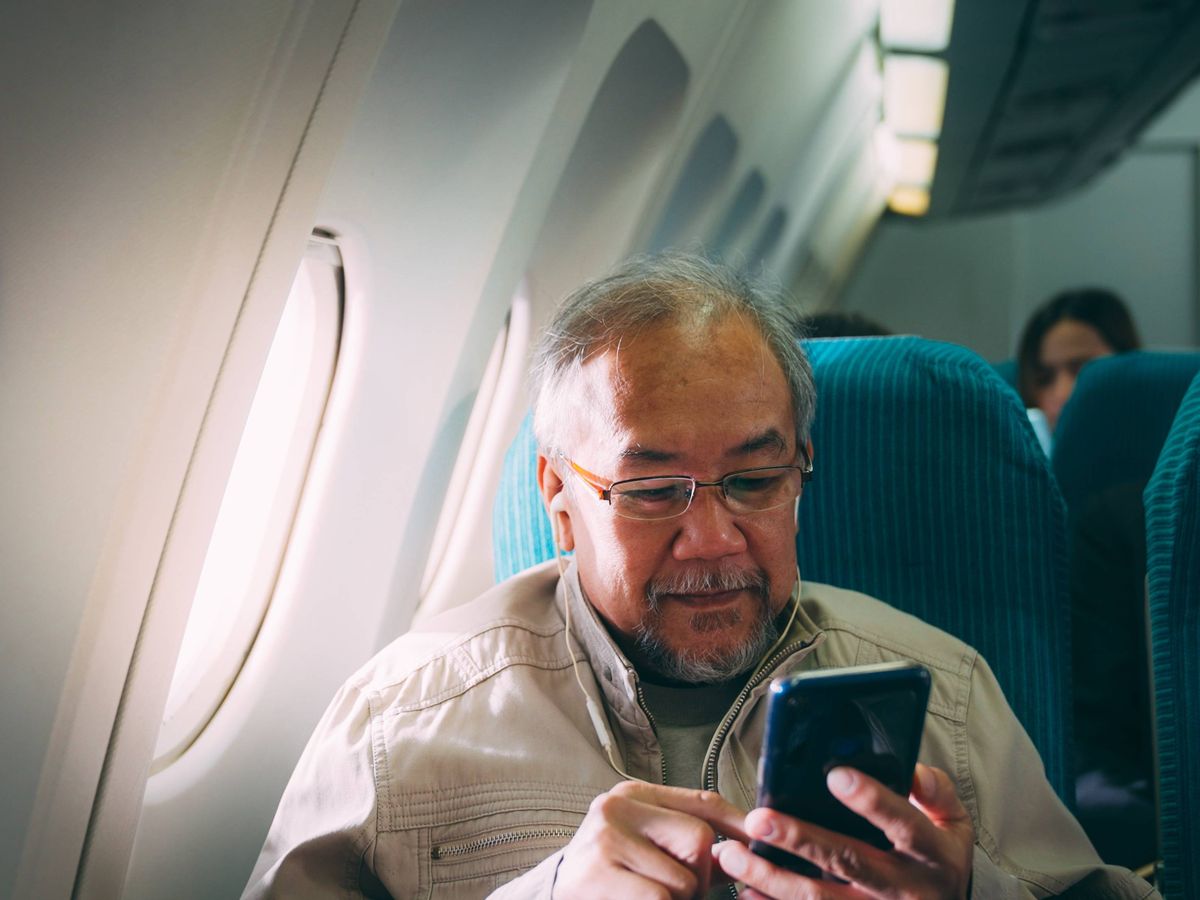It’s holiday season , and all the petty annoyances that come with holidays are back with a vengeance – such as finding some shorts that you can still fit into, remembering where you put your passport last year, and sorting out your toenails so you can look halfway presentable in sandals. Another strange annoyance, once you actually get on your flight, is being told by angry flight attendants to put your phone in flight mode. Can one little phone really affect a multi-million pound airliner? Well the experts say it could. Commercial pilot Perico Durán says: “Smart people think that something could happen if we don’t activate airplane mode, so do it.” Certainly, when mobile phones first became widespread, there were concerns that they could interfere with airliners’ electronics. In 2011, it emerged some parts, within specific models of the flight deck screen, on certain Boeing 737 aircraft proved to be susceptible to interference. Perico explains that electronic interference cannot turn off an engine or prevent the landing gear from deploying, but it can cause other complications: “What might happen is a false indication of something, a distraction at a specific moment.” Safety rules are designed to eliminate potential risks, no matter how small, he adds: “We tell people to activate flight mode to avoid distractions,” he says. He points out that it really shouldn’t matter if you’re offline for a short time: “What difference does it make?” Perico said. “It’s only ten minutes from ten thousand to fourteen thousand feet. Put your phone in flight mode and avoid a distraction. Being without your mobile phone for ten minutes is nothing.” In 2017, Allianz Travel Insurance surveyed more than 1,500 Americans and learned that 40% of people don’t always put their phone on airplane mode. Almost 14% of people have sent a sneaky text message or even made a call during a flight. Depending on where you’re travelling, that suggestion from the flight attendant might be be rather more strict. US Federal regulations say “cellular telephones installed in or carried aboard airplanes, balloons, or any other type of aircraft must not be operated while such aircraft are airborne (not touching the ground). When any aircraft leaves the ground, all cellular telephones on board that aircraft must be turned off.” If you’re travelling in Europe, it’s all a bit more relaxed. In 2023, airlines began providing 5G technology onboard, allowing passengers to make and receive calls and texts.3 EU 5G networks use a different frequency than American ones, and so they don’t affect plane equipment. If you’re worried your phone battery might run out when you’re in the air, you can certainly pack an external power bank on your hand luggage. But you shouldn’t pack them in your hold luggage, because they contain lithium batteries, which can, in some rare circumstances, catch fire. If a battery fire occurs in the plane cabin, it’s easy enough for flight attendants to spot it and put it out before it causes any serious damage. By contrast, if the fire breaks out in the cargo hold, it could spread dangerously before the alarm is raised. If your all-important boarding pass or other documents are being stored in your phone, it’s a good idea to keep a spare battery around. Airline staff will almost certainly help you out if your phone did give up on you while you’re travelling, but it’s best to be prepared.
